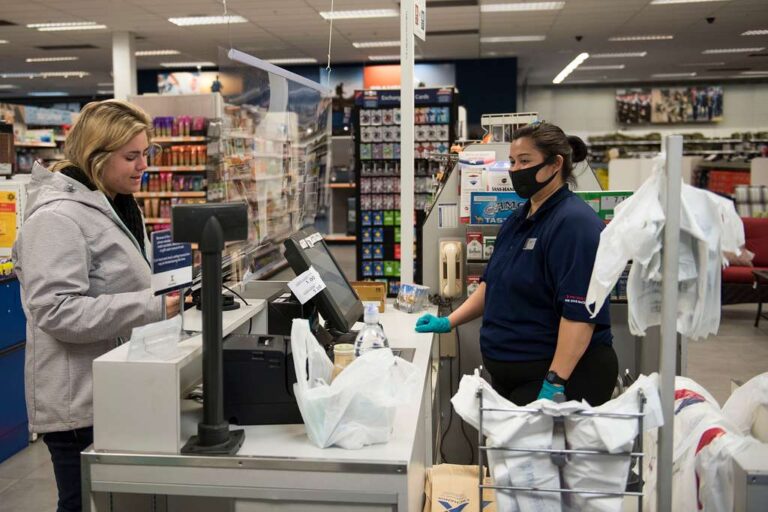Lauren Godles is a student at Harvard Law School.
After a particularly horrific week in Syria, which a UN official described as “a complete meltdown of humanity,” there is a bright spot to be found in Syrian immigrants who have made it to the U.S. The Center for American Progress reports that Syrian workers here are doing extremely well. Their median average wage is $16,000 higher than that of immigrants overall and $7,000 higher than that of U.S.-born workers. Syrians also have extremely high rates of business ownership, including medical offices (which are the most common), food services, and auto dealerships.
A federal court in Kentucky held this week that a lawsuit by a transgender employee against employer GE may go forward, reiterating that discrimination based on gender identity is actionable as sex discrimination under Title VII. The plaintiff, Mykel Mickens, was penalized for taking long bathroom breaks, due to the fact that GE would not allow him to use the men’s bathroom, and the women’s room was far away from his work station. Mickens also alleges that he was singled out and reprimanded for conduct while his co-workers were not. In a similar vein, a transgender man in Louisiana recently prevailed in arbitration on a Title VII claim against his employer, who mandated that he dress and act as a female. Read about existing protections for LGBT workers here.
This week CityLab summarized findings on the economic effects of raising the minimum wage, based on studies of the 18 states and D.C. that had raised minimum wages after 2014. The data shows that raising the minimum wage as an anti-poverty measure works and does not result in collateral damage to employment levels overall. Despite these encouraging findings, the President-Elect’s selection for Secretary of Labor, Andrew Puzder, is opposed to raising the minimum wage.
Lastly, the New York Times reviews what has been “a year of upheaval for restaurants that ended tipping” in 2016. An “immediate motivation” in New York for many restaurants for ending tipping this year was the impending minimum wage increase to $15 by 2018. The article describes some negative effects for employees, such as decreased numbers of workers per shift. But no tipping also means more equity for workers across the restaurant, and removes incentives for servers to tolerate harassment, whether “verbal, sexual, or professional.” Read more on labor and tipping here.






Daily News & Commentary
Start your day with our roundup of the latest labor developments. See all
November 3
Fifth Circuit rejects Thryv remedies, Third Circuit considers applying Ames to NJ statute, and some circuits relax McDonnell Douglas framework.
November 2
In today’s news and commentary, states tackle “stay-or-pay” contracts, a new preliminary injunction bars additional shutdown layoffs, and two federal judges order the Trump administration to fund SNAP. Earlier this year, NLRB acting general counsel William Cowen rescinded a 2024 NLRB memo targeting “stay-or-pay” contracts. Former General Counsel Jennifer Abruzzo had declared that these kinds […]
October 31
DHS ends work permit renewal grace period; Starbucks strike authorization vote; captive-audience ban case appeal
October 30
Sweden’s Tesla strike enters its third year; Seattle rideshare drivers protest Waymo’s expansion in the city.
October 29
9th Circuit rejects challenge to NLRB's constitutional structure; preemption challenges to state labor peace statutes
October 28
Two federal unions oppose CBA cancellations, another federal union urges Democrats to end the government shut down, and Paramount plans for mass layoffs